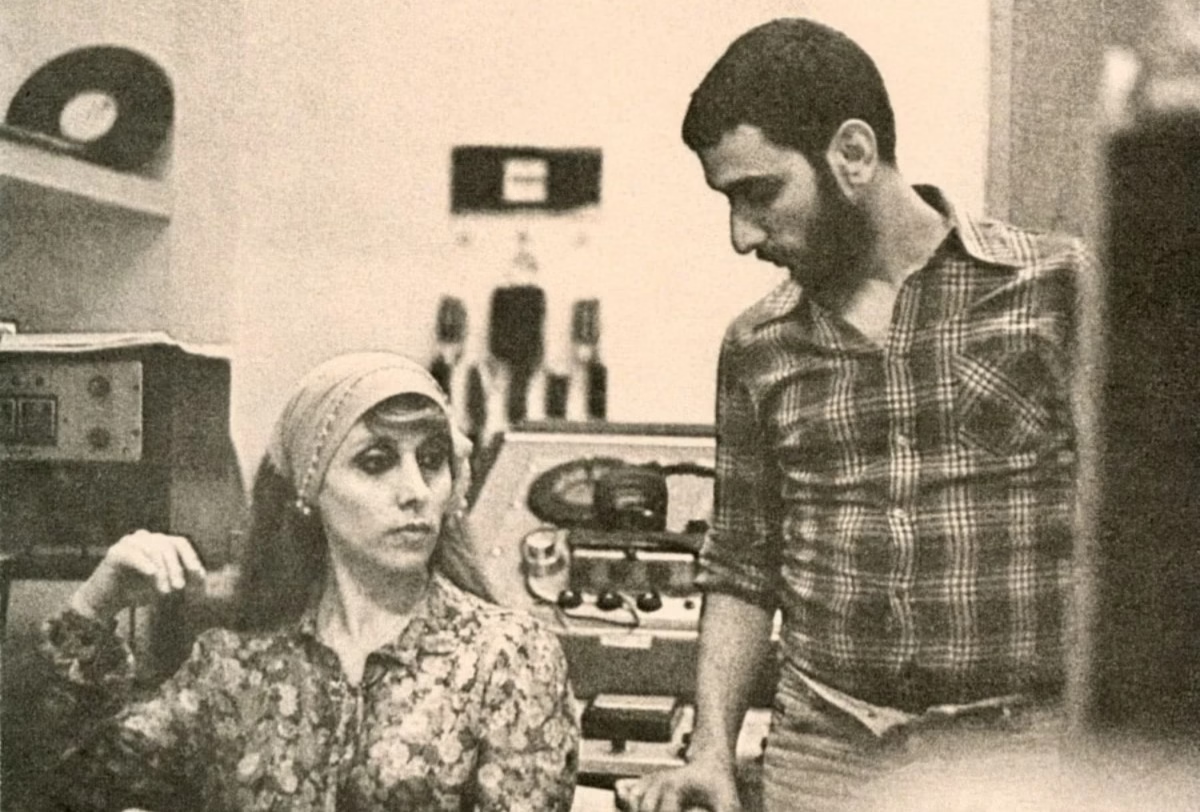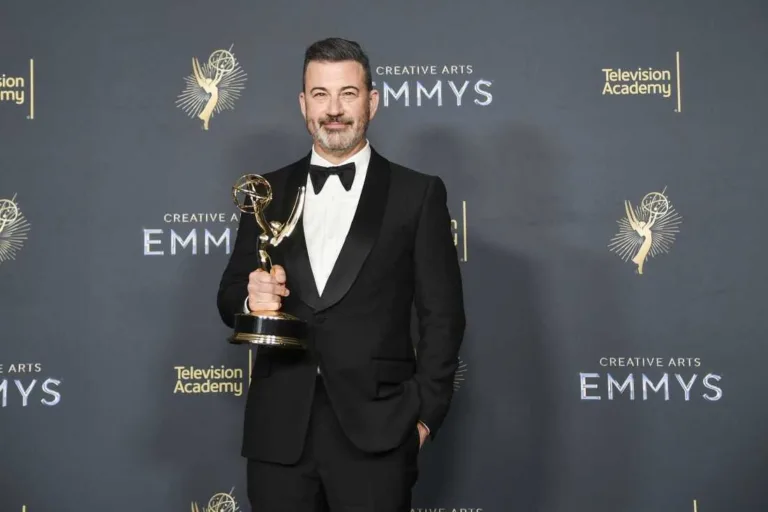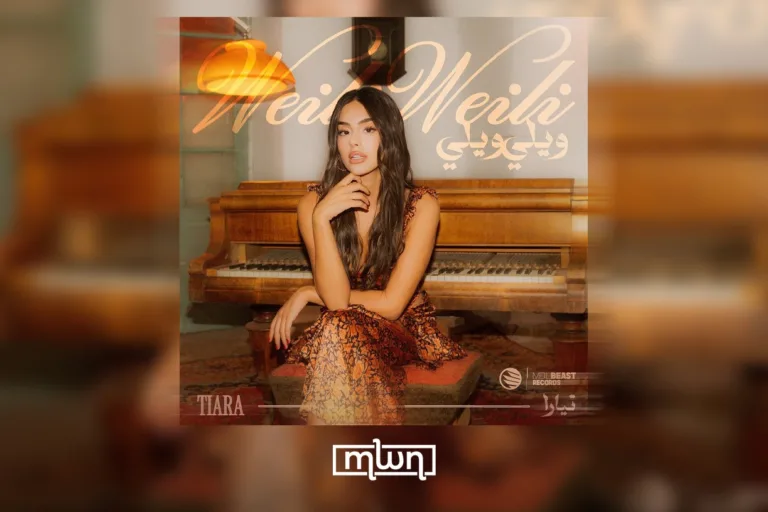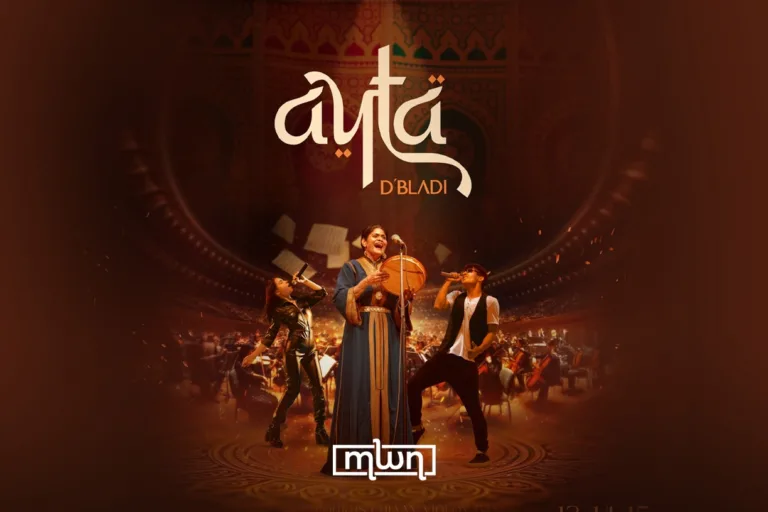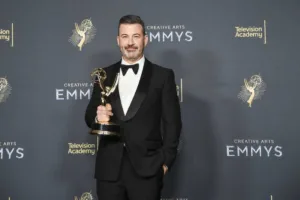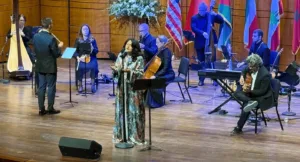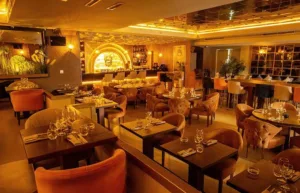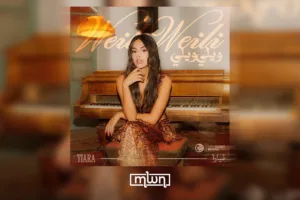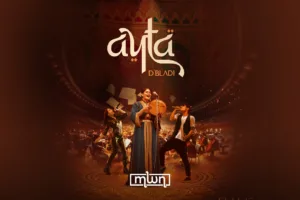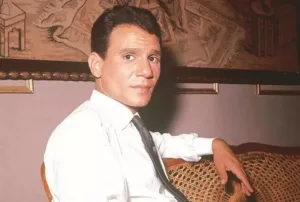The Arab world today mourns Ziad Rahbani, Fairuz’s son, and a voice who never flinched from the truth.
Fez – Ziad Rahbani, one of Lebanon’s most influential musical and theatrical voices, passed away on Saturday at the age of 69.
His death marks the end of a singular creative journey that redefined the relationship between art and politics in the Arab world.
Born on January 1, 1956, Ziad wasn’t just the son of legends Fairouz and Assi Rahbani, he was a legend in his own right.
From a young age, he inherited not only a deep-rooted musical tradition but also a sharp intellect and biting sense of humor.
He would go on to forge a distinct path that challenged both the artistic norms and political silences of his time.
Ziad Rahbani’s work stood out for its wit, intelligence, and fearlessness. His satirical plays mirrored the chaotic pulse of Lebanon in times of war and peace.
Rather than offer escape, his theater held up a mirror, often an uncomfortable one, to society’s contradictions.
Through characters that felt painfully familiar, he dissected everything from sectarianism to bureaucracy, always with a dry smile and a piano not far from reach.
But Ziad was never just a playwright. His music pushed boundaries in every direction.
Long before fusion became a trend, he was blending Arabic melodies with jazz harmonies, funk beats, and classical undertones.
His arrangements were textured, experimental, and politically charged. He never played it safe, either musically or ideologically.
Openly leftist in his political views, Ziad embraced communist ideals and used his platform to give voice to the marginalized and oppressed.
His lyrics spoke of war, censorship, disillusionment, and survival, not in sweeping slogans, but in everyday language, often laced with irony. His songs were not just soundtracks, but statements.
Despite his famously private and complex persona, Ziad became a cultural symbol far beyond Lebanon.
For many, he was the rare artist who could articulate what others only dared to think. He challenged the listener not just to feel, but to reflect.
Over the decades, his impact has remained steady. His theater plays are still performed, his albums still replayed, and his one-liners still quoted in cafes and classrooms.
For a generation, and perhaps many more, Ziad Rahbani wasn’t merely an artist. He was a lens through which they viewed their society, its absurdities, its hopes, and its heartbreaks.
Ziad Rahbani leaves behind a legacy that is hard to categorize. He was a musician, a playwright, a political commentator, and a cultural provocateur.
Most of all, he was proof that art could be clever, courageous, and deeply human all at once.
Ziad Rahbani was more than Fairuz’s son. He was a bold, uncompromising voice in Arab art, who challenged his world with every note and every line.
Today, he leaves behind not just a catalogue of songs and scripts, but a legacy of courage, satire, and relentless honesty.
Read also: Moroccan Author Hicham Lasri Returns with a Provocative New Novel, “Cloud Cowboys”

